Breed specific legislation (BSL) separates families. Here’s the touching story, which was highly mediatised, of Jamie and her husband Mark Buehrle, a former Toronto Blue Jays baseball star, who have been forced to live in two different cities because of the appearance of their dog, Slater.
 The Buehrle family already had three dogs when Jamie, who was very active in animal shelters, fell in love with Slater when he was in one of these establishments. “When we adopted Slater, we didn’t think of breed specific legislation, and how it would affect our family,” says Jamie.
The Buehrle family already had three dogs when Jamie, who was very active in animal shelters, fell in love with Slater when he was in one of these establishments. “When we adopted Slater, we didn’t think of breed specific legislation, and how it would affect our family,” says Jamie.
Yet in 2012 the family was going to face it for the first time, when Mark was traded and signed a four-year contract with the Miami Marlins – a city where “pit bull-type dogs” are banned. Jamie and Mark had to buy a house in the suburbs in order to keep their family together with Slater. “We had problems getting our house insured because of Slater. After many discussions, the insurance company was prepared to make an exception for us, but I refused,” explains Jamie. “I didn’t want to encourage a company that discriminates against certain types of dogs. So I chose another one that represented my values.”
But things got even more complicated when Mark was unexpectedly traded to the Toronto Blue Jays. Because “pit bull-type dogs” have been banned province-wide in Ontario since 2005, the Buehrle family was trapped. Jamie and Mark decided to live separately during the baseball season; Jamie would stay in St. Louis with the children, aged five and two, and the dogs, while Mark would be in Toronto, over 1200 km apart.
Despite all of the obstacles, getting rid of Slater, a good canine citizen and certified therapy dog, was out of the question. “Slater is a very affectionate, loving and Zen dog. He is such an easy dog, great with everyone he meets and loves children. He is good with other animals and used to go to daycare to play with other dogs. He is very obedient and well behaved. How could he be considered dangerous? All of this is based on his appearance, rather than his actual behaviour or his environment. I don’t understand,” says Jamie.
“What upsets me most is that families now have to live with the consequences of BSL in Montreal,” explains Jamie while thinking of all the dogs that will enter the shelter system and people who will now face all kinds of constraints and outrageous fees just to keep their dog. She hopes that contrary to Montreal, the province of Quebec’s decisions would rely on scientific facts, rather than sensational news websites. “Quebec should better handle the issue, placing the responsibility on dog owners, regardless of the type or appearance of the dogs,” she explains. BSL is a knee-jerking reaction to a much deeper problem. This legislation may sooth certain people, but ultimately does nothing to make the community safer,” she adds.
The Buehrle family encourages citizens of Quebec not to lose hope and to participate in the Montreal SPCA’s campaign by signing and sharing their petition: www.mydogmyfamily.ca.
.

Marie-Noël Gingras
Marie-Noël Gingras works in the Department of Animal Advocacy at the Montreal SPCA. In the past few years, she has collaborated on numerous projects related to animal rights and welfare (the Vert et Fruité and Vegan Portraits blogs, the Montreal Vegan Festival), as well as collaborated with the Défi végane 21 jours book, published in spring 2016 (Éditions Trécarré). You can follow her on Facebook.








